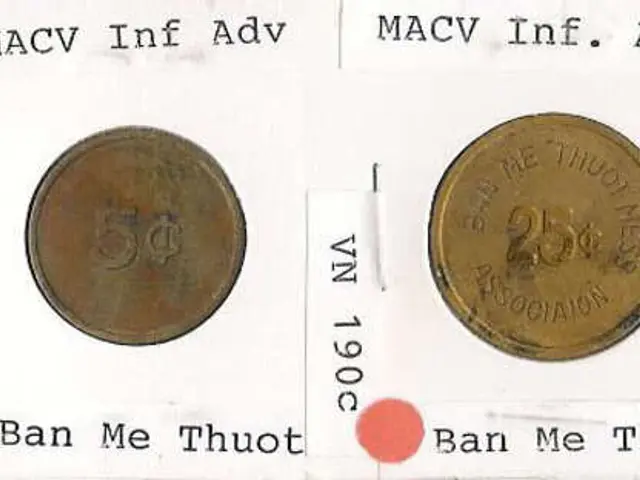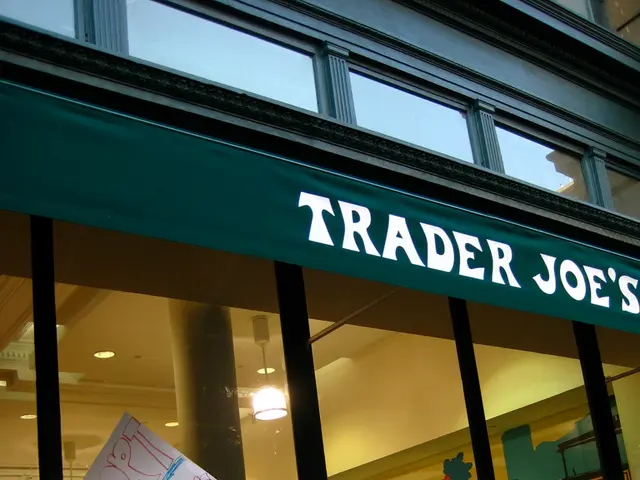Top Fascinating Nuggets of Information Regarding Casinos That You Likely Haven't Caught Wind Of Yet
Casinos, a timeless attraction that has captivated the hearts of many, have been an integral part of human history for centuries. Even the world's leading casino experts continue to uncover new aspects of these intriguing establishments.
From the vibrant pleasure-seeker's paradises found in popular resorts, to the hidden gems nestled in historical cities, casinos offer much more than just the thrill of gambling.
Take, for instance, the WinStar World Casino and Resort in Oklahoma, the largest casino in the world, sprawling over 600,000 square feet. Run by the Chickasaw Nation, this tribal-owned casino showcases how Native American tribes have asserted sovereignty and built economic self-sufficiency through casino operations [1].
In the United States, Native American casinos generate substantial revenue, with over 500 casinos nationwide bringing in $39 billion in 2021. This figure surpasses the total revenue of the Las Vegas Strip in 2022, reflecting the significance and volume of tribal gaming in the US [1].
Macau, often referred to as the "Monte Carlo of the Orient," holds the title as the world's largest gambling center by revenue. With 41 casinos, Macau made $36 billion in 2019, six times the revenue generated by the 144 casinos in Las Vegas. Gambling taxes contribute over 50% of Macau’s GDP and 80% of its government tax revenue [2].
The historic center of Macau is a UNESCO World Heritage site, recognised for its unique blend of Portuguese colonial architecture and Chinese culture. Landmarks like the Ruins of St. Paul highlight this cultural fusion [2].
Casino operations have a rich history, with many European countries legalising casinos in the latter half of the 20th century. The UK has had licensed gambling clubs since 1960, and France legalised casinos in 1933. Famous European casinos exist in places like Cannes, Nice, Estoril (Portugal), Corfu (Greece), and Baden-Baden (Germany) [4].
Las Vegas's casino era began in the late 1940s, with the city's economy now almost entirely dependent on its large, luxurious casinos. Nevada's casinos account for about 40% of the state's tax revenue [4].
Casinos expanded beyond Nevada starting in the 1980s, including Atlantic City (since 1978) and various Native American tribal casinos, which operate under tribal sovereignty laws that differ from state gambling statutes [4].
The real-life stories behind casinos have often inspired popular culture, as seen in Martin Scorsese’s film Casino, which reflects the wild and sometimes violent history of 1970s Las Vegas, rooted in the true lives of mobsters and casino bosses from that era [3].
Casino architecture is designed with hidden secrets, such as the lack of windows to prevent glare and fast-paced music to encourage gameplay. The food at modern day casino venues can be high-quality and varied, with an impressive array of cuisines and fine dining options. Some casinos even boast Michelin star chefs like Gordon Ramsay [3].
Early mechanical slot machines used to dispense fruit-flavoured chewing gum as prizes. Many casino regulars have superstitions and beliefs, such as carrying a lucky charm or not crossing their legs at the table, in hopes of turning their luck around [5].
The phrase "the house always wins" refers to the built-in advantage that casinos have in every game, ensuring an overall profit. This concept has been a part of casino culture for centuries [5].
From the historic Casino di Venezia, the oldest casino in the world, having opened in 1638, to the modern-day spectacle of Macau, the global diversity, cultural significance, and economic impact of casinos are undeniable. [1][2][3][4]
References: [1] Native American Casinos Generate Substantial Revenue. (2022). Retrieved from https://www.casino.org/news/native-american-casinos-generate-substantial-revenue/ [2] Macau Gambling Revenue. (2022). Retrieved from https://www.statista.com/topics/1158/gambling-in-macau/ [3] Casino. (2022). Retrieved from https://en.wikipedia.org/wiki/Casino [4] History of Casinos in the United States. (2022). Retrieved from https://www.casino.org/learn/history-of-casinos-in-the-united-states/
- High rollers frequent the casino tables, seeking their luck in games like poker and blackjack, both popular casino-games found across the globe.
- Casinos serve as more than just gambling establishements, offering a blend of gaming, culture, and entertainment, as seen in the casino-culture of cities like Macau and Las Vegas.
- The gambling industry is a significant contributor to various economies, with tribal casinos in the United States generating billions in revenue annually, surpassing that of the Las Vegas Strip.
- The casino-and-gambling trend isn't limited to modern times, as historical cities like Venice, Italy, have housed casinos since the 17th century, such as the famous Casino di Venezia.
- Adhering to responsible-gambling practices is increasingly important in the casino-industry, to ensure that the thrill of games like poker and lotteries remains enjoyable and entertainment-focused for all players.






